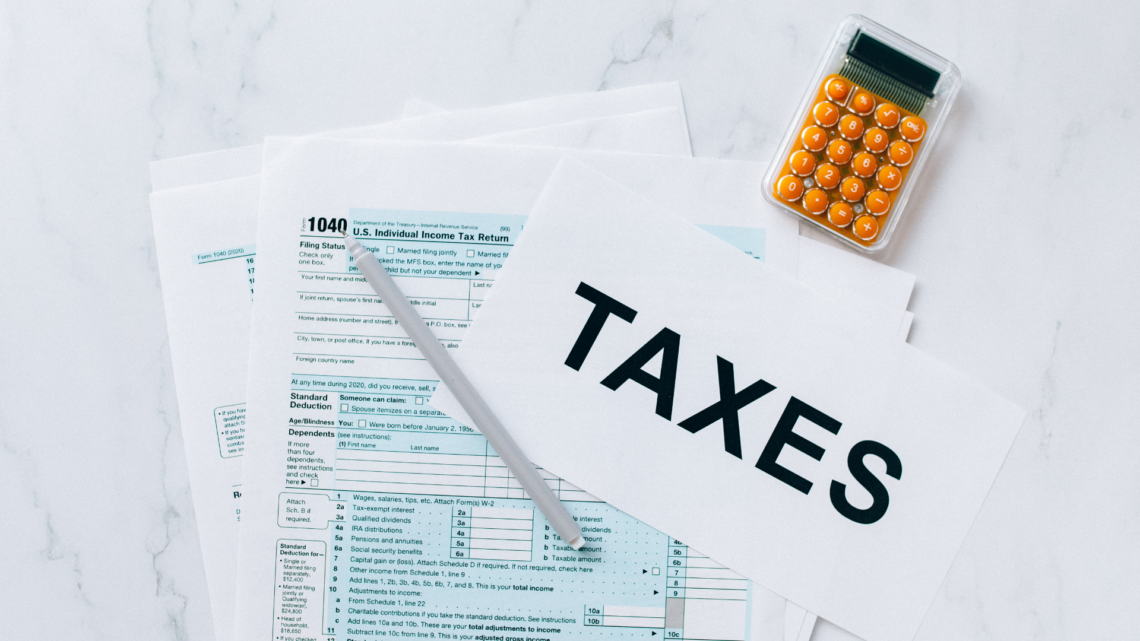
10 Questions to Ask Before Hiring a Tax Preparation Service
Choosing a tax preparation service can feel like a big decision. After all, taxes are one of those things you want to get right the first time. Whether you’re a business owner, self-employed, or just want peace of mind that your personal taxes are handled correctly, finding the right tax preparer can save you time, stress, and possibly money. But how do you pick the right one? The best way is by asking the right questions. Here are 10 key ones to help guide you.
1. What Qualifications Do You Have?
Not all tax preparers are created equal, so start by asking about their credentials. Are they a Certified Public Accountant (CPA), an Enrolled Agent (EA), or simply an unlicensed preparer? CPAs and EAs are often the go-to for their expertise and ability to represent you in case of an audit. Credentials tell you whether the preparer has formal training and has passed exams to prove their knowledge.
2. How Much Experience Do You Have?
Experience can make all the difference when it comes to tax preparation services. A preparer who’s been in the field for years will likely have encountered all sorts of unique tax situations. Have they worked with clients in your specific situation—whether that’s small business taxes, rental properties, or freelance income? The more familiar they are with your needs, the better prepared they’ll be to handle any challenges that arise.
3. What’s Your Approach to Staying Current on Tax Laws?
Tax laws change frequently, and a good preparer should stay updated. Ask how they keep up with the latest regulations—do they attend seminars, take continuing education courses, or subscribe to industry publications? Staying current isn’t just a nice-to-have; it’s essential for ensuring you get the most accurate and beneficial results.
4. How Do You Handle Confidentiality?
Your tax information is deeply personal, so you’ll want to know how the preparer keeps it secure. Do they use encrypted systems to store your files? Are they cautious about sharing sensitive details? It’s okay to be direct here—protecting your data is a priority.
5. What Are Your Fees, and How Are They Determined?
No one likes surprises when it comes to costs, so ask upfront about fees. Some preparers charge a flat rate, while others base their fees on the complexity of your return. Watch out for those who base their fee on a percentage of your refund, as that can incentivize unethical practices like inflating deductions. Transparency here can save a lot of headaches.
6. Who Will Actually Prepare My Taxes?
This is an important one that people often overlook. Some firms pass your return off to junior staff or even outsource it without you knowing. Be sure to ask whether the person you’re speaking with will handle your return or if it’ll be someone else. Knowing who’s responsible can make communication smoother and help you feel more confident in the process.
7. What’s Your Process for Handling Errors?
Mistakes happen, but how a preparer handles them says a lot about their professionalism. Will they help you correct any issues? Will they pay for penalties if the mistake is theirs? It’s reassuring to know they have a plan for resolving problems quickly and efficiently.
8. Are You Available Year-Round?
Taxes don’t end on April 15. Questions about past filings, notices from the IRS, or tax planning for next year can pop up anytime. Make sure the preparer isn’t a “seasonal-only” provider who disappears once the tax deadline passes. Year-round availability is especially important for business owners or anyone with ongoing tax needs.
9. What Documents Will You Need From Me?
A great preparer will provide you with a clear list of what they need, such as W-2s, 1099s, or expense reports. This is a good sign that they’re thorough and will prepare an accurate return. If they don’t seem interested in the details or say they can do everything with minimal paperwork, that’s a red flag.
10. How Do You Communicate With Clients?
Communication is key, especially when dealing with something as important as taxes. Do they prefer email, phone, or in-person meetings? Can you reach them easily if you have a question? Finding someone whose communication style aligns with yours can make the entire process much smoother.
Picking the Right Fit
Not every tax preparer will be the right fit for your needs, and that’s okay. The goal is to find someone who understands your situation, answers your questions with confidence, and makes you feel comfortable. Asking these 10 questions will help you narrow down your options and ensure you’re putting your trust in the right person.
The bottom line? A good tax preparer doesn’t just fill out forms—they’re a partner in helping you navigate the complexities of taxes, so you can focus on what matters most to you.





